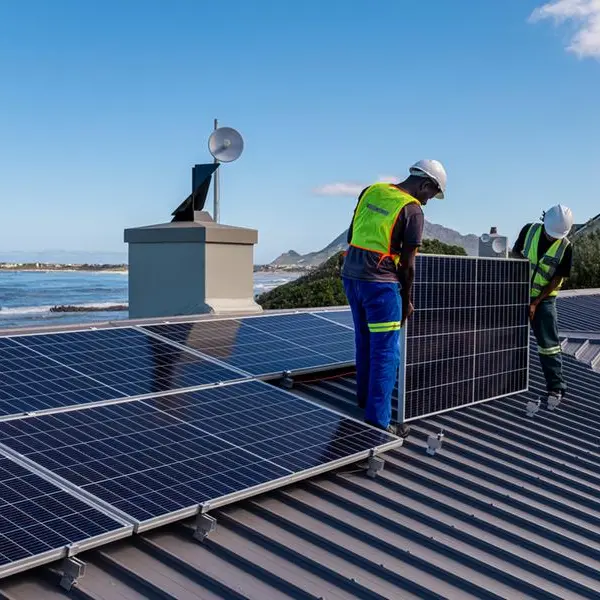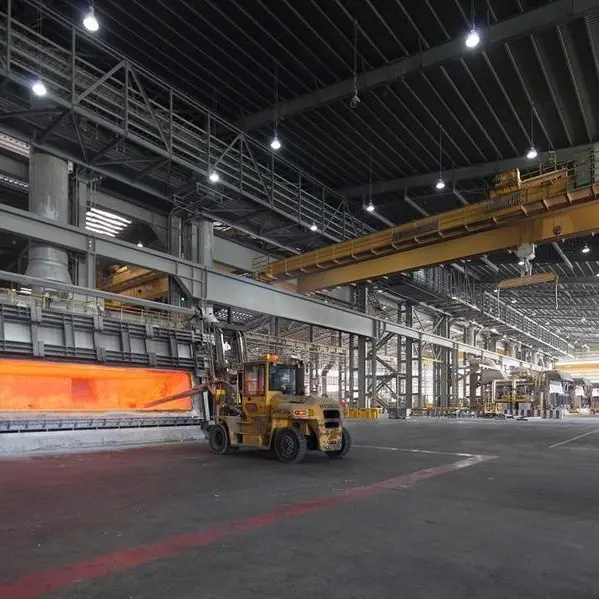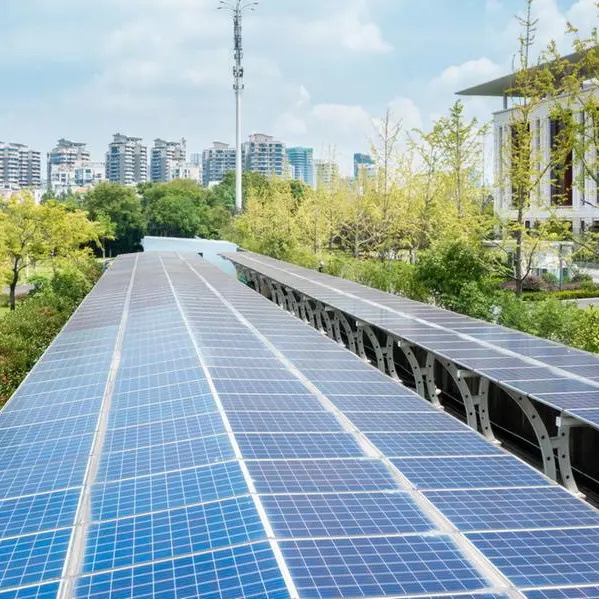PHOTO
As Egypt hosts the 27th UN Summit on Climate Change (COP 27), an Egyptian-led venture capital fund is taking its first steps to mitigate the impact of the misuse of agricultural land and seas in the Middle East and Africa.
The Climate Resilience Fund is hoping to deploy $25 million in innovative agricultural and aqua solutions, the fund’s Egyptian managing partners told Zawya.
Noting that decarbonization addresses a fourth of the global emissions around the world, Hossam Allam, a managing partner at the Fund, said that another quarter released through the use, or arguably the misuse, of land and sea. “This is a very important point that many people are missing,” he added.
The pre-seed fund is eyeing agritech startups that promote sustainable farming, provide farmers with more data and cut off intermediaries.
According to Allam, the fund is looking at solutions that help farmers maintain their production levels in the face of environmental shocks and “put more of the value chain in [farmers’] pockets so that being a farmer becomes lucrative again.”
“That way, we retain talent on the farms [and] we do not have this flight of talent to urban centers. If we keep talent on the farm, we have a chance of helping them transition to a more regenerative form of farming,” he added.
The fund is also throwing its backing behind food technologies to develop alternative proteins such as cell-based or plant-based meats, thereby reducing livestock carbon emissions, according to Sherief Kesseba, another managing partner.
To meet the food needs of a growing regional population, the fund’s managers believe it is also time to invest in marine farming.
“Egypt has two seas, and Africa has the longest coastline in the world, [yet] we do not really farm very much in the sea,” said Allam, an oceanographer by training. “But there are vegetables, including land-based vegetables, that grow in sea water, that we have never really explored properly. If they were part of our diet, we could farm them very sustainably, take pressure off arable land and off freshwater resources, and satisfy a lot of our vegetable, fiber and protein needs.”
Both managing partners believe there is an “enormous opportunity” for agri- and aqua-solutions in the region. “What is good about our region is that it is very underserved. Everything is missing, really, in how we produce and consume our food. There is much to be done,” said Kesseba, who is an agri-food mentor and investor in US- and Europe-based companies.
Both partners also argue that the entrepreneurial ecosystem in the Middle East and Africa has reached a level of maturity, led largely by fintech growth, that would allow agritech businesses to emerge. “Fintech has been and is traditionally the gateway to the creation of a startup ecosystem in all sectors,” said Kesseba.
For both partners, fintech is expected to provide farmers with more access to capital and encourage them to transition to agritech and precision farming. “All we are saying is, it happened in Latin America, it happened in India; there is no reason that it won’t happen here,” argued Allam.
The fund’s limited partners include corporate venture capitalists, development banks and foundations and high-net-worth individuals, Allam said. The ticket size is expected to range between $100,000 and $1.5 million.
The fund is not limiting itself to homegrown startups; on the contrary, it is targeting agritech entrepreneurs from every corner of the world provided they are willing to operate in the Middle East and Africa.
“There is no doubt that our youth still do not have the resources in terms of R&D and innovations that many other geographies in the world have,” said Kesseba.
Half of the fund’s pipeline includes startups from India, Japan, Columbia, Denmark and Norway, according to Kesseba, who is based in Copenhagen.
“We will be a gateway to bring them to our geographies. That will encourage local talent to grow and blossom. We do not need to wait until we get to where other nations are today,” he added.
Investments are to be announced as soon as the fund’s first close is completed, the partners said.
At COP27, the Climate Resilience Fund will be spotlighting innovation in the climate-smart agriculture space. The fund is set to host a side panel discussion at the UN summit titled “Mobilizing Venture Capital to Build Climate-Resilient Food Systems.”
Allam expects that substantial advances on promoting the discourse of “nature markets” will be made at the summit. “In the same way you have carbon markets, where companies or individuals can go in and buy their way to effectively lower their emissions, there is a movement under way now where you similarly put a value to the restoration, preservation and conservation of nature.”
“We think that can be enormously interesting and exciting for a fund like ours,” Allam added.
(Writing by Noha El Hennawy; editing by Seban Scaria)





















